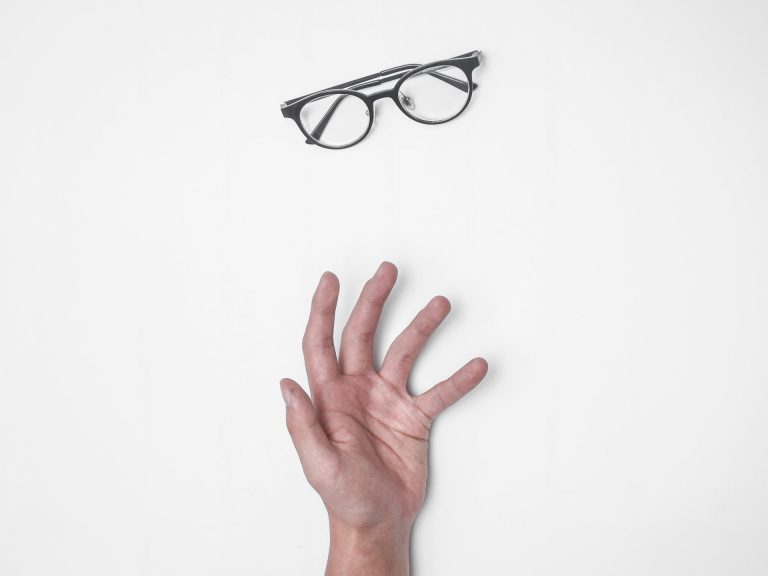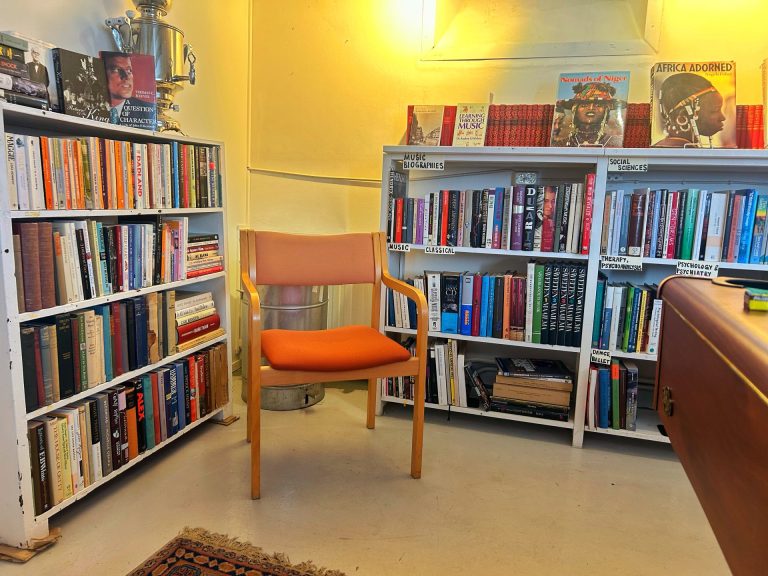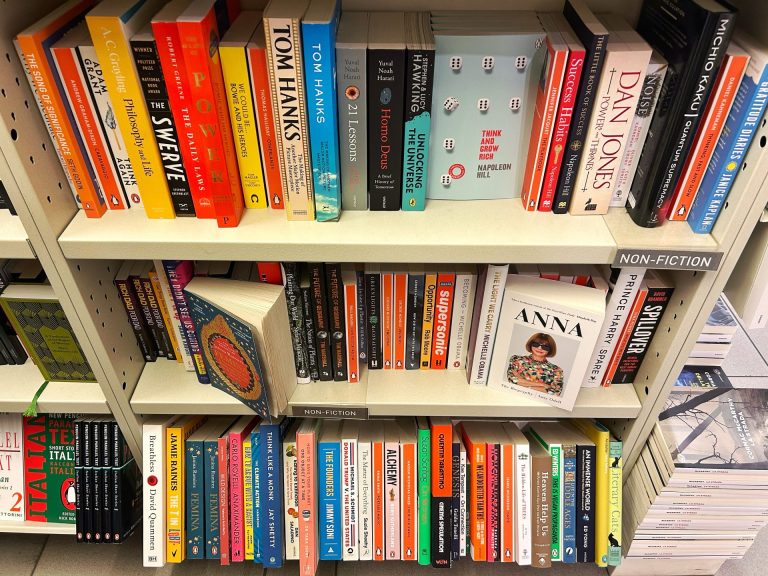I believe reading is not just about widening our horizons of knowledge, but also understanding others and fostering empathy. It’s a well-studied and ugly truth fact that humans tend to judge and be judged constantly, a behavior we must acknowledge. This is where the value of books exist—they support in nurturing empathy. Books make us more humane. As Malorie Blackman said, “Reading is an exercise in empathy; an exercise in walking in someone else’s shoes for a while.”
In my exploration of non-fiction books concerning various subjects, I’ve encountered these insightful quotes wrote by wise authors. They could serve as great reminders to be careful when we look at other people’s lives and to remain calm when people judge our own life.
Everything Is Obvious, Once You Know The Answer by Duncan J. Watts
If we want to understand why people do what they do, we must understand the incentives that they face and hence their preference for one outcome versus another. When someone does something that seems strange or puzzling to us, rather than writing them off as crazy or irrational, we should instead seek to analyze their situation in hopes of finding a rational incentive.
Duncan J. Watts, Everything Is Obvious, Once You Know The Answer: How Common Sense Fails Us
Rationalizing human behavior is precisely an exercise in stimulating. In our mind’s eye, what it would be like to be the person whose behavior we are trying to understand. Only when we can imagine this simulated version of ourselves responding in the manner of the individual in question do we really feel that we have understood the behavior in question.
Duncan J. Watts, Everything Is Obvious, Once You Know The Answer: How Common Sense Fails Us
Read the review and summary more.
Hidden Potential by Adam Grant
It’s a mistake to judge people by the heights they’ve reached. By favoring applicants who have already excelled, selection systems underestimate and overlook candidates who are capable of greater things. When we confuse past performance with future potential, we miss out on people whose achievements have involved overcoming major obstacles. We need to consider how steep their slope was, how far they’ve climbed, and how they’ve grown along the way. The test of a diamond in the rough is not whether it shines form the start, but how it responds to heat or pressure.
Adam Grant, Hidden Potential: The Science of Achieving Greater Things
Read the review more.
Same As Ever by Morgan Housel
You might think you know how it’ll feel. then you experience it firsthand and you realize, ah, okay. It’s more complicated than you thought.
Morgan Housel, Same As Ever: A Guide to What Never Changes
People often have no idea how they’ll respond to a big windfall or an incredible gift of good luck until they’ve experienced it firsthand.
Morgan Housel, Same As Ever: A Guide to What Never Changes
Disagreement has less to do with what people know and more to do with what they’ve experienced. And since experiences will always be different, disagreement will be constant.
Morgan Housel, Same As Ever: A Guide to What Never Changes
Read more.
The Almanack of Naval Ravikant
The enemy of peace of mind is expectations drilled into ou by society and other people.
Naval Ravikant
Read more.
The Data Detective by Tim Harford
Our emotions are powerful. We can’t make them vanish, nor should we want to. But we can, and should, try to notice when they are clouding our judgment.
Tim Harford, The Data Detective: Ten Easy Rules to Make Sense of Statistics
Read more.
Determined by Robert M. Sapolsky
A variety of studies shows that when it comes to theists vs nontheists being kind to someone, it really depends on who that someone is.
Robert M. Sapolsky, Determined: A Science of Life without Free Will
The highly religious tend to view good work more in a personal, private context, helping to explain why religious American donate more of their income to charity than do the secular .In contrast, atheists are more likely to view good works as a collective responsibility, helping to explain why they are the ones who are more likely to support candidates advocating wealth redistribution to decrease inequality. Thus, if you’re trying to decide who is more likely to run amok with antisocial behaviors, atheists will look bad if the question is “How much of your money would you give to charity for the poor?” But if the question is “How much of your money would you pay in higher taxes for more social servoces for the poor?” you’ll reach a different conclusion.
Robert M. Sapolsky, Determined: A Science of Life without Free Will
Read more.
The First Rule of Mastery by Michael Gervais, PhD and Kevin Lake
If you are wondering about someone’s opinion, stop guessing, ask directly and listen.
Michael Gervais, PhD and Kevin Lake, The First Rule of Mastery: Stop Worrying about What People Think of You
Care about what other people think and you will always be the prisoner.
Michael Gervais, PhD and Kevin Lake, The First Rule of Mastery: Stop Worrying about What People Think of You
Read more.
Mind Shift by Erwin Raphael McManus
So many things in life are wonderful, but they are just not for me. That doesn’t mean they aren’t right for someone else. It may be in perfect alignment with that person’s intention. That is one reason we should never use our own personal values and priorities as the measure by which we judge others.
Erwin Raphael McManus, Mind Shift: It Doesn’t Take a Genius to Think Like One
Read more.
Learning to Disagree by John D. Inazu
Empathy is seeing with the eyes of another, listening with the ears of another, and feeling with the heart of another.
Alfred Adler in Learning to Disagree: The Surprising Path to Navigating Differences with Empathy and Respect by John D. Inazu
Persuading others that you have the better account begins by recognizing the biases and judgments implicit in your own views and addressing the best possible counterarguments with charity and clarity.
John D. Inazu, Learning to Disagree: The Surprising Path to Navigating Differences with Empathy and Respect
When we recognize that everyone places their trust in some kind of faith, we can more easily relate to those around us. Even though our actual beliefs and commitments may differ, the uncertainty and vulnerability that come from acting in faith can remind all of us of our shared human condition.
John D. Inazu, Learning to Disagree: The Surprising Path to Navigating Differences with Empathy and Respect
Read more.






